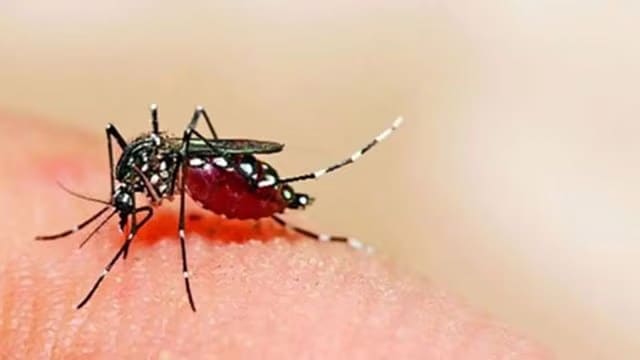Maharashtra Zika cases: Centre asks states to be vigilant, focus on testing pregnant women, foetus
Testing facilities for Zika are available at National Institute of Virology in Pune, the National Centre for Disease Control in Delhi and a few of ICMR’s network of virus research and diagnostic laboratories.
 Zika is an Aedes mosquito-borne viral disease like dengue and chikungunya. (Representational/ File)
Zika is an Aedes mosquito-borne viral disease like dengue and chikungunya. (Representational/ File)With eight cases of the mosquito-borne Zika infection being reported from Maharashtra, the Centre’s Director-General of Health Services Wednesday asked states to focus on screening pregnant women for the virus and monitor the growth of their foetuses.
While most people infected with Zika experience no symptoms or mild symptoms — such as fever, rash, headache, and joint and muscle pain — in pregnant women, it can lead to microcephaly in the foetus. Microcephaly is a condition where a baby’s head is smaller than expected because their brain does not develop fully. There has been no case of microcephaly since 2016 in the country.
Testing facilities for Zika are available at National Institute of Virology in Pune, the National Centre for Disease Control in Delhi and a few of ICMR’s network of virus research and diagnostic laboratories.
As the infection is transmitted mainly by the aedes aegypti mosquitoes, states have also been asked to intensify mosquito control measures. Aedes aegypti mosquitoes breed in clean, stagnant water, and monsoons provide them ample breeding grounds.
States have also been asked to advise hospitals and health facilities to appoint a nodal person to ensure that such premises remain free of these mosquitoes.







